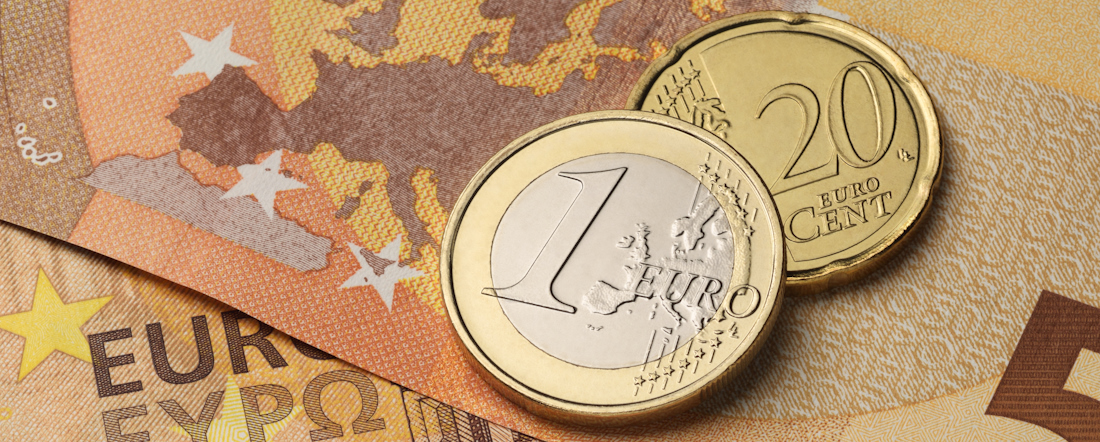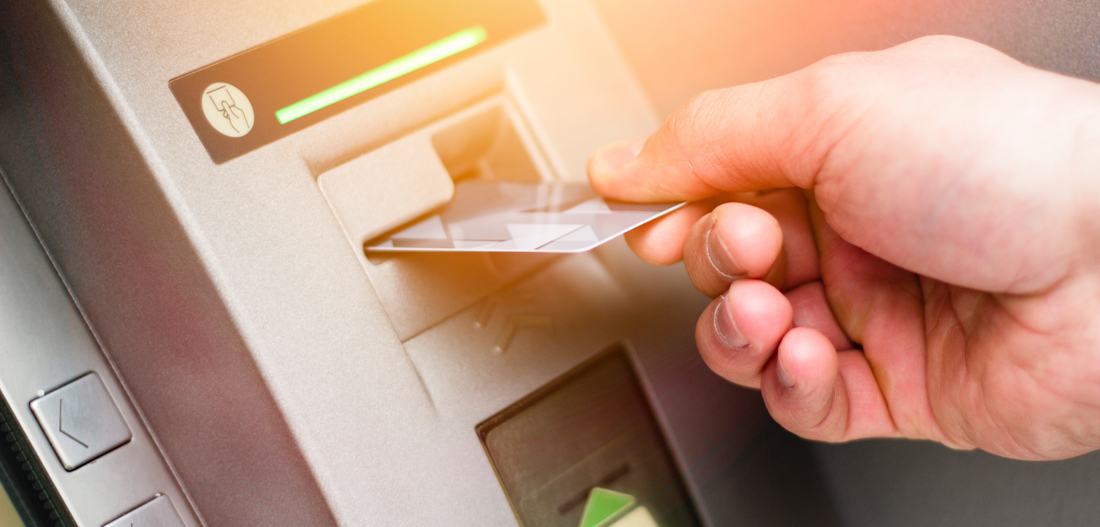You’ll find that managing banking, money and taxes in Spain is easy but expensive, and costs continue to rise owing to soaring inflation in the country. Banking facilities are generally modern and function quite efficiently, but bank charges and commissions on international transfers are hefty when compared to most other countries in the European Union.
Filing taxes and organising large purchases can often turn into bureaucratic nightmares. It’s often necessary to employ the help of a Spanish-speaking specialist to untangle the web of red tape.
Money in Spain

Spain uses the Euro (EUR) as its official currency. One euro is divided into 100 cents.
- Notes: EUR 5, EUR 10, EUR 20, EUR 50, EUR 100, EUR 200, and EUR 500
- Coins: EUR 1, EUR 2; and 50, 20, 10, 5, 2, and 1 cents
The EUR 500 note stopped being issued in 2019, although it remains legal tender. Note that the Spanish separate large figures into thousands with a period rather than a comma.
Banking in Spain

Banking in Spain benefits from one of the highest bank branches per capita on the European continent, and most offer online banking with fast, easy transfers. Recently, many mobile banking options have become available in Spain, with banks such as BBVA offering mobile wallets for card-free transactions.
When choosing a bank without knowledge of the local language, it’s best to select a branch with English-speaking staff and the option for statements and documents to be translated into English.
Banking fees in Spain are notoriously steep, and you might encounter a variety of charges, including debit card transaction fees, correspondence fees (when the bank communicates with you), and transfer fees. Most banks also charge a small sum for opening an account.
Spain’s largest banks include Santander, BBVA, and CaixaBank, all of which offer services for expats and non-residents. International banks that offer services in English and allow free transfers between branches around the world include HSBC and Barclays, which are popular with Brits moving to Spain.
Banks in Spain generally open from Monday to Friday, 8.30am to 2pm, and on Saturday mornings from around 9am to 1pm. There are some banks that open on Thursday afternoons instead of Saturday mornings, so it’s worth checking the specific opening hours of each branch before visiting.
Opening a bank account
You can either open a resident or a non-resident bank account in Spain. Non-resident accounts hold foreign currencies and normally have higher fees, while resident accounts usually offer more services and have higher interest rates and lower commissions. Resident accounts can only be opened by those with a Spanish tax identification number or Número de Identificación de Extranjeros (NIE).
ATMs and credit cards
ATMs (cajeros automáticos) are widely available and accept foreign cards. If you haven’t opened a local bank account yet, you’ll find that these machines provide the best exchange rates, but transaction charges apply.
Alternatively, currency exchange offices (cambio) can be found at most airports and in most tourist areas. They typically offer less attractive exchange rates than banks.
Debit and credit cards are widely accepted in Spain, although transaction charges will apply if you’re using an international debit or credit card.
Useful links
Taxes in Spain

It’s important to check whether your home country has any tax treaties with Spain and the European Union. This ensures that you won’t be double-taxed at any point.
You must pay income taxes for any year that you spend more than 183 days in Spain. At this point, you become a formal Spanish tax resident and are liable to be taxed for your international assets and accounts, as well as those within the country. You’ll be deemed a Spanish tax resident if Spain is your main base or centre of commercial activities or economic interests. The annual tax year starts on 1 January and ends on 31 December.
If you’re living in Spain, you need an NIE, which can be obtained at the local police station, to be identified by the Spanish revenue service (Agencia Tributaria).
Those who work on a freelance basis or who run a business will also have to register as an autónomo with the local government. It’s worth hiring a tax assessor to help work through the complex Spanish system.
Non-European residents should keep all receipts, since value-added tax (VAT) is paid back when they leave the country or the Eurozone. This could be a hefty sum if you’ve lived in Spain for an extended period of time.
Income tax rates in Spain
There are two types of income tax in Spain: general taxable income and savings taxable income. Savings income will include dividends, interest, and capital gains. The tax rates for savings income range from 19 to 27 percent.
General income will include all other income, typically employment income. The tax rates on general income start at 19 percent and rise to 47 percent. In addition to income tax, social security contributions are paid on salaries and wages.
Spanish tax on UK pensions
If you’re a resident of Spain, you’ll be required to pay tax on any income from either state or occupational pension schemes. To avoid double taxation, UK residents must inform HMRC that they are tax residents in Spain.
Spain also imposes a wealth tax on residents with worldwide assets exceeding certain thresholds and on non-residents with Spanish assets. This typically affects high-net-worth individuals and is separate from income tax.
